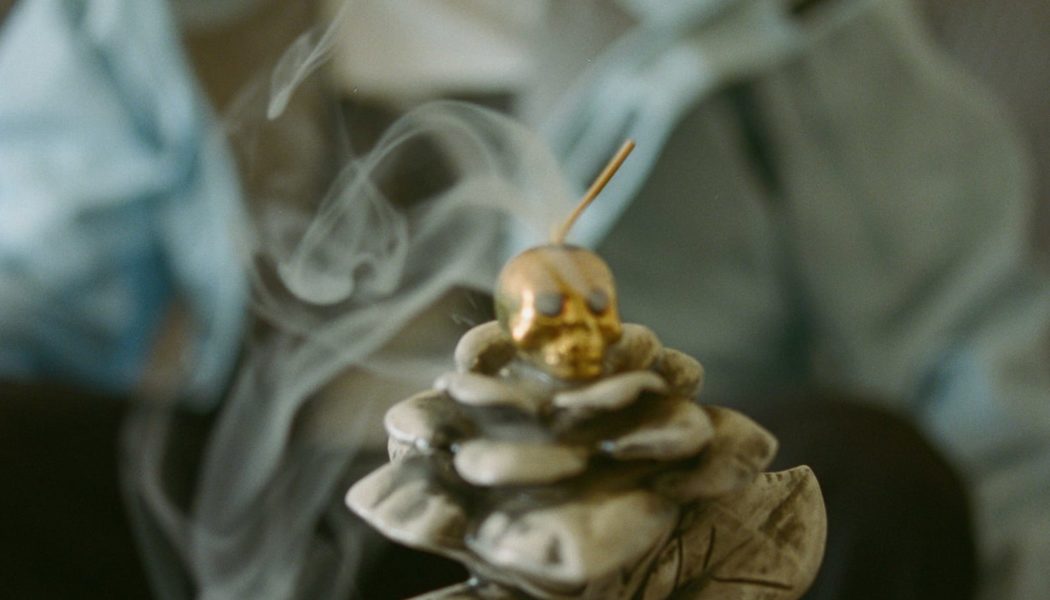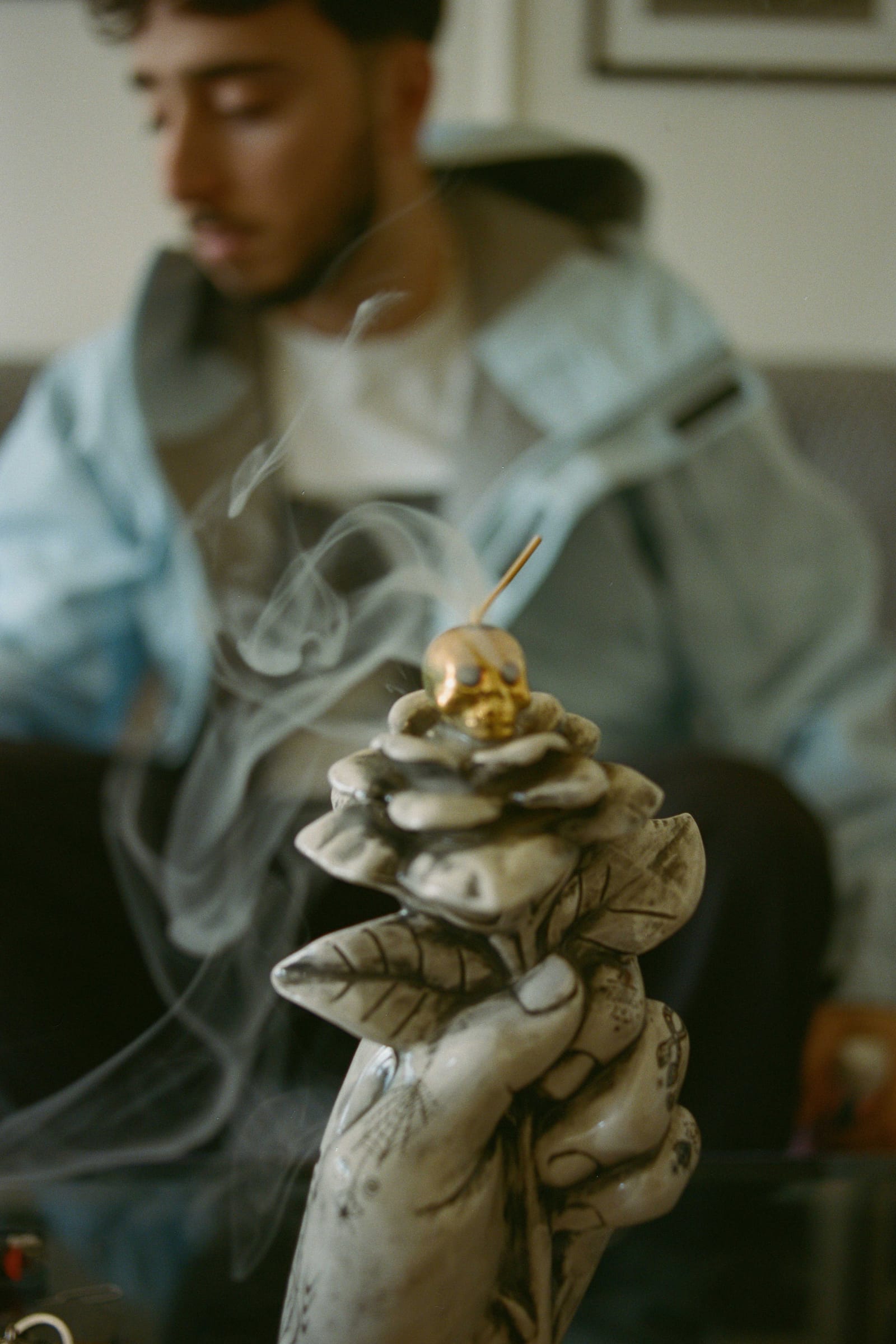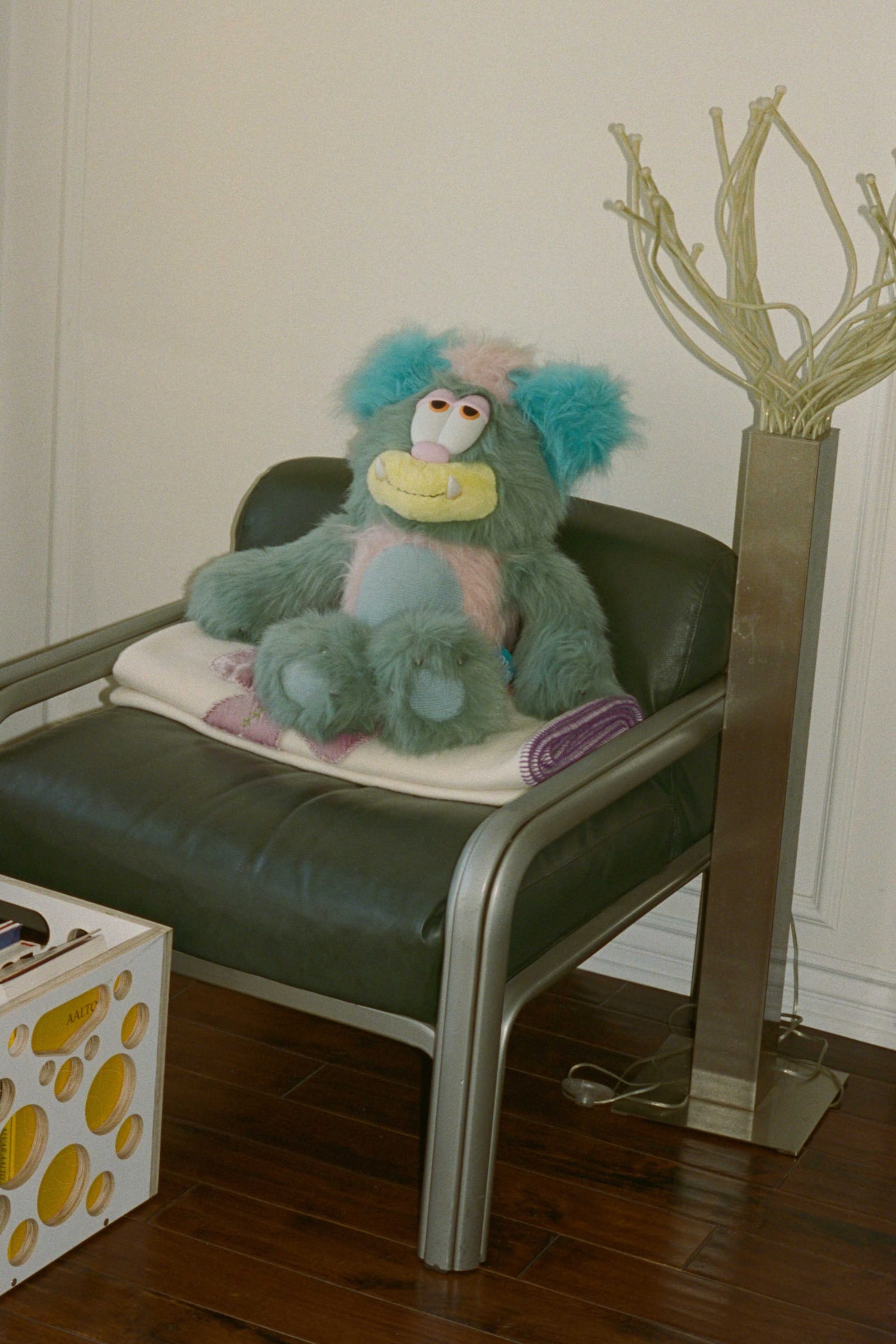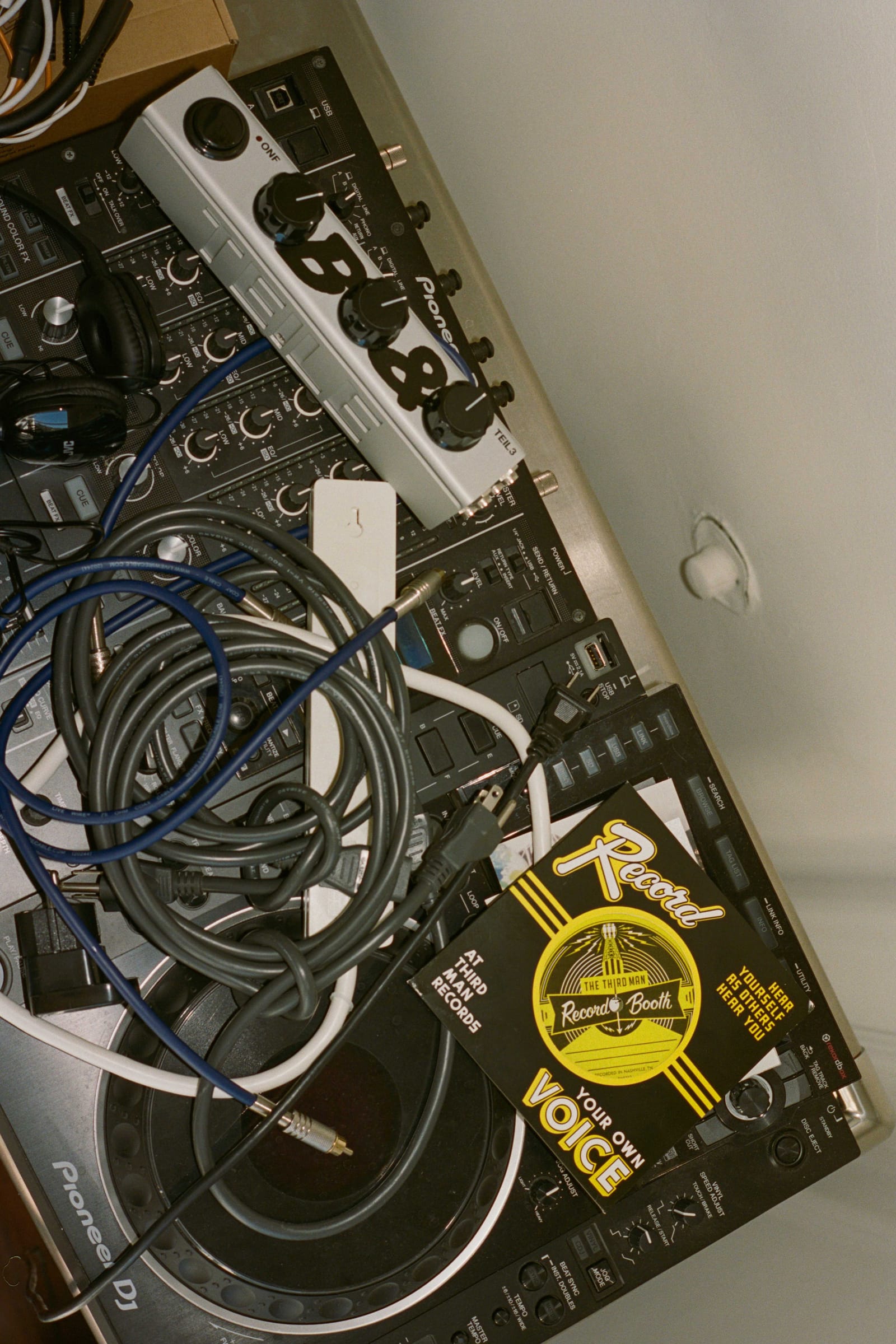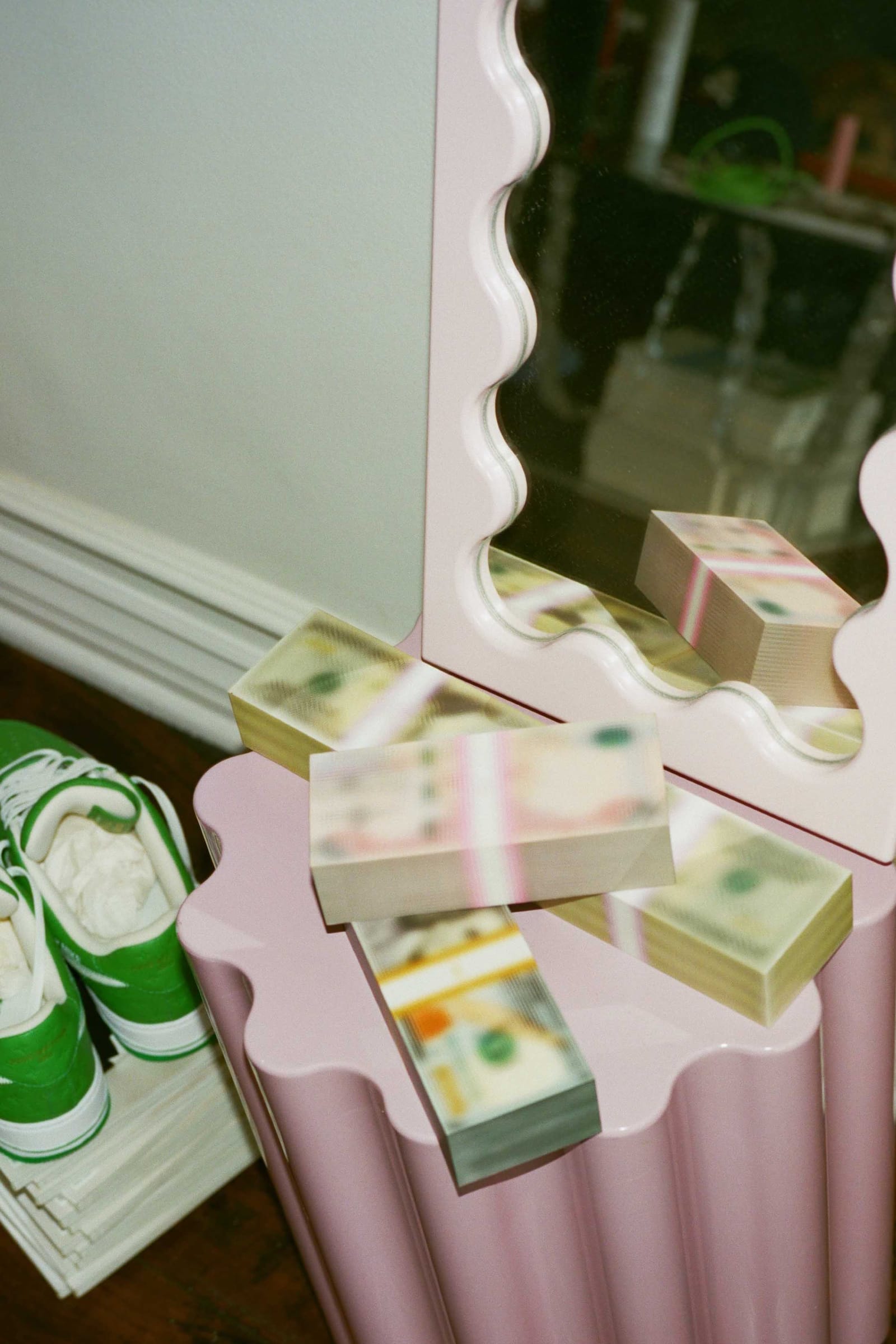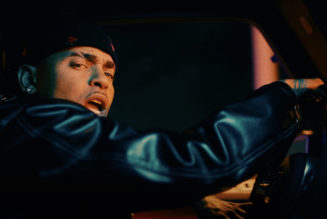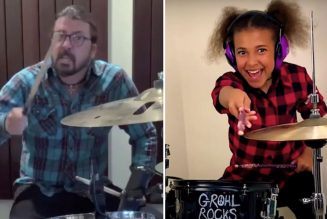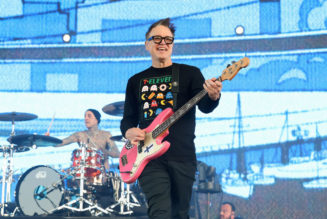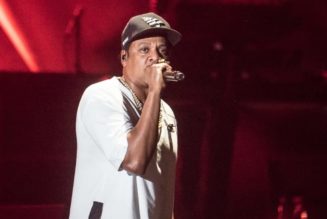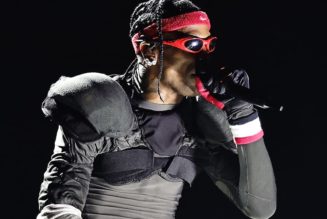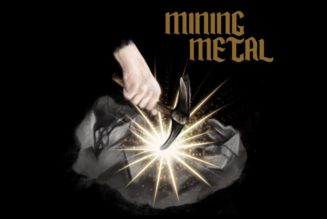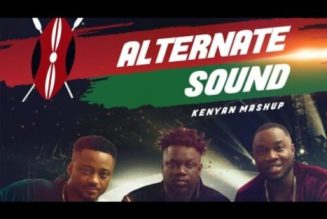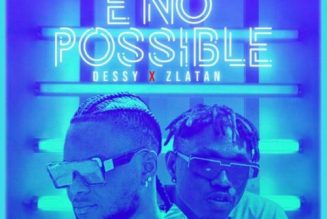For many, Zack Bia, the DJ-turned-label founder-turned-director of his own world-connecting records, is both a household name and a kind of puzzle. You may know what he looks like (rosy cheeks, upward wave of brown hair, standing next to someone from LA’s popular kids table) but maybe not what he does, or how he got there. “How” in the broad, even cosmos-questioning kind of way, or as one friend put it: “There are a million Zack Bias, so how did this Zack Bia become ZACK BIA?” Ahead of the release of his debut project, Bia spoke about what he’s been doing in the studio, how he likes to party, why LMFAO is back, and the blend of skill, blessings, and action it actually takes to get lucky.
In today’s industry, many artists are responsible not only for making great music, but also the work to promote it. We hear a lot about burnout and how challenging it can be to cut through the noise. In your work as a label owner or with an artist like Yeat, what has artist development meant to you? What’s required to break as an artist right now?
Zack Bia: A&R has changed a lot. There’s a different conversion funnel from a label signing an artist to that artist breaking, and the relationship between artists and fans has changed in terms of how much access fans have to artists. If you look back 20 or 30 years, it was like: albums, concerts and late-night TV shows. Now, there’s instant social media, music videos, viral content and music electronically available everywhere. There’s an oversaturation of access to music, and a massive attention deficit in general.
All artists are different. To break an artist, you’re helping that artist realize what their vision actually are, and then translating those visions to physical product, a live show, or whatever it is. My job is to use my resources to realize whatever an artist wants to accomplish. Yeat, for example, is very unique in how he moves with a high volume of music and keeping a lot of anonymity. With him, the fun part of my job is making sure everything’s elevating in tandem with how popular the music is getting. It’s about understanding the world he has built out in his brain—what it sounds like, what it feels like, the language, the silhouette—and then saying, “Hey, let’s bring this to the world.”
You’ve had a lot of jobs already. Why are you interested in working on your own music as an artist now?
ZB: I’ve always been involved in making music, production, A&R and putting artists together, so I’ve been thinking about putting my own music out for as long as I can remember. I see this project as a natural evolution of what I’ve been doing on the DJ side. My whole life in music is like one big infinity loop: DJing, which feeds into working with other artists, which feeds into the label. It’s all one energy.
What does that energy look like in the studio, in practice? Who’s on the team and how are these records coming together?
ZB: I start with the ideas in my head first. Like when we did “Hardcore” with Don Toliver, I had a vision for a bassline-centric record. I had all the references ready, I went to go meet Don, he played me stuff, I played him stuff. It’s about going in with an artist, being like “Here’s an opportunity for you to try something that might not fit your personal project or your sound traditionally, but is a chance for us to come together and try this left turn.” Not that everything I wanna do is a left turn, but I like being that bridge.
I also like working with other producers, where I admire their work and love their sound. Someone who has production credit on the Don record is my friend star boy, who did “Futsal Shuffle 2020” for Uzi and a lot of Playboi Carti stuff. He’s at the forefront of this new rap sound, and because he’s never made dance music, he’s not coming into it with any type of box. So I’m pushing my friends to be creative, and we’re all pushing and inspiring each other. We have the studio from 8 p.m. to 5 a.m. and no strict “We have to make this many songs” mandate. It’s a revolving door. One artist leaves, another comes in, and we’re a bunch of people being collaborative. You have to go in with confidence and a framework, and then not be scared to pivot in real time. Sometimes magic happens by accident.
“Being in the right place at the right time is a skill.”
Who else has come through the studio door so far? What can people expect from this project as a body of work?
ZB: One of the most incredible sessions I’ve ever had was with 070 Shake, who’s just mind blowing. On the dance side, I’m excited to make stuff with Rampa. JID also did an interlude. Montell Fish and I have been sending ideas back and forth. We just did a session in New York, and Daniel Caesar popped in.
This first project is about translating all the worlds I exist in, consume and collide with, and giving people all the different sides of them. The through line is that we’re experimenting with purpose with our friends. I have rappers on dance songs, I have dance artists making rap beats. Every year I wanna put out overarching tapes where we touch on all the things that are inspiring us at that moment, but our own versions. Then, in between those releases, I want to hyperfocus and be like, “Here’s a dance tape,” or “Here’s a rap tape.” Long term, I want to create a personal catalog and tour the world.
Outside of music, what does a day in your life look like? Do you have any routines in place that help you feel good?
ZB: Inconsistency is the only consistent thing in my life. Today I woke up, had a Zoom call, met with my friends from Boiler Room and looked over all the Yeat footage from the concert last night. I have to catch a flight to the Bahamas later. Things mostly revolve around the label in the daytime, then the studio in the afternoon and night time, and constantly searching for music for DJing. I’m always on the run but I love it. And I try to carve out time to do my favorite things that keep me grounded, like meals with friends or going to play basketball.
You released a teaser video for the project, suggesting that people have misconceptions about your life or your money. What were you responding to?
ZB: My work has always been about propelling others forward. Being creatively involved with them and helping make their moment special: DJing artists’ release parties or bringing artists to the light. When you’re constantly in situations like those, people will try to figure out why you’re there. And when you don’t try to claim your narrative, people are gonna create their own for you. Over the years, I’ve heard that I was born into wealth or reasons why I might be in the positions that I’m in that are wrong. We’re making quality music and the world is a pretty serious place, so I figured we might as well try to have fun introducing it. To take a page out of Drake and 21 Savage‘s Her Loss rollout, the anti-rollout comedy aspect of it, just playing into the rumors and false narratives. It’s the 8 Mile trick: I’ll be everything you said I was, and now what? Here’s the music.
You’ve become close with powerful people over time. How did you become the guy with the energy? What was your life like when you first started throwing parties?
ZB: The energy was always around music. I moved from New York to LA with my mom and little brother when I was in high school, as my mom had a new job opportunity. The high school I went to was wealthier and although I wasn’t a product of that, I was a kid who had cool taste and became the guy that was always throwing parties. People would come up to me like, “Yo, my parents are out of town, you should throw a party at my house.” Then I went to community college for a year, and it was one of the loneliest times of my life. After I got into USC and needed a job to pay for school, I started promoting at the club. Really what I was doing at the club was DJing before people got there, and I was DJing frat parties on the weekend. Every day I was just trying to meet as many people as I could. We were so consistent with it. Steve nights a week we had something going on. We went in very open minded and expanded a network, brick by brick, friend by friend. It started to multiply pretty quickly. People want to go to parties.
A Hollywood club might usually be open Thursday, Friday, Saturday. We’d take over on a Wednesday like, “Cool, you’re a new artist, wanna perform? We’ll get you a table.” “Oh, you’re starting as a DJ? Why don’t you play for an hour?” LA nightlife then was like, bottle service and table centric, but we brought out the people who didn’t know they were allowed to be at nightclubs: skater kids, college kids, everyone that was just hanging out at FourTwoFour on Fairfax. People felt like, “These parties are the place we can be with likeminded people.” Nightlife has always been a backbone to the creative community. If you look back at old photos of Andy Warhol and see all these creative people linking up in New York, it was through parties.
What kind of party do you want to go to, or enjoy most?
ZB: I can’t be at a party unless I’m DJing, to be honest. I’m not a great dancer, and I always get the itch to hop on the turntables — it’s where I have the most fun. Some parties I like for scale: how many people were there, coming together. Sometimes I like the opposite: how high the energy can be in a small room. I try to balance it. For every festival or Vegas set, I like to play for 100 people. I love a party that happens in Silverlake called Favela Worldwide that my friends D33J and Joaquin throw. Recently, it was probably a New Year’s Eve party in Aspen. Everyone got to take some down time from busy lives, and our friends got a lot closer.
“People don’t wanna be force fed TikTok songs. They don’t wanna be force fed lineups with 1,000 people, they want to go see concerts of artists they care about. People want to discover on their own.”
What’s helped draw people close to you? What makes you someone people feel comfortable and open with?
ZB: I think I’m someone creative people can discuss their ideas with; I can understand them and offer my own references. I’m a big fan of being open source with ideas and connections. I listen and I don’t force anything. I believe the long road leads to real friendships. If you’re always trying to find people to believe in, something will connect. For example, I first met Don [Toliver] when he had just signed his deal and hadn’t broken as an artist — “Hardcore” is really five years in the making, not something we just whipped up.
What does a good friendship look like?
ZB: You can have an amazing time with someone that you meet for one night in a foreign country. You might have the best conversation ever with someone and you don’t ever connect again. You have to realize that you can have any amount of friendships and there’s a million ways to do it.
Some of my best friends I work with, and some we don’t cross business paths at all. I know a lot of people, but I’m only close to very few. I’m not a teenager anymore, I’m about to be 27. I have friends who are getting married and friends who haven’t figured anything out. People in entertainment have seen so much nonsense. We’re just looking for people who know what it feels like to be part of this industry, but also want to go eat meals where nothing revolves around business.
As someone who’s out all the time, would you say there’s been an overall “vibe shift” in the past few years?
ZB: No doubt. I predict that in a few months LA will be the hottest place on earth again. In New York, you can physically feel the energy back. The kids that were at the end of high school through the pandemic are now 19 and 20, discovering party scenes. People older than me, late 30s, are rediscovering their younger energy because they don’t wanna waste any more time. And sonically we’re seeing it: People don’t wanna be force fed TikTok songs. They don’t wanna be force fed lineups with 1,000 people, they want to go see concerts from artists they care about. People want to discover on their own, through TV shows they like, and finding a sense of ownership through word of mouth again. We’re also seeing a resurgence of catalog—old electroclash, New York music is back. A lot of music from that Sunset, LA nightclub era, like 2010s Katy Perry, Kesha and LMFAO is back. Not to put it in the same category, but music like M.I.A is back too.
We’re also seeing the global impact of dance music, with artists like Bad Bunny, Rosalía and Rema transcending. People are consuming music that isn’t in their first language, and that’s really exciting. SoundCloud in general is back, not even just with rap. Things are never gonna look the same the second or third time around, like with the blog era stuff, but it’s alive, and whether kids know the origin of where some of this stuff comes from doesn’t even matter. I have friends who listen to Pink Pantheress and they’re like, “Oh my god, Pink Pantheress drums!” They might not have reference points for UK drum and bass or UK garage but it doesn’t matter, as long as the music’s affecting people.
Do you believe in manifestation?
ZB: Any good thing is a combination of preparation, good luck from God, and you claiming things. I believe that being in the right place at the right time is a skill. Bringing ideas to life is a skill. I’ve become a big believer in doing is better than making it perfect. To manifest ideas you have to come up with ideas, but the biggest aspect is doing it, because once it’s done, then the idea is a living breathing thing that can take on a life of its own. I know a lot of people who hold on to ideas for too long.
Do you consider yourself lucky?
ZB: Every day. I don’t think I am where I am because of luck, but I am lucky for sure.
HYPEBEAST Magazine Issue 31: The Circle Issue is now available on HBX.
